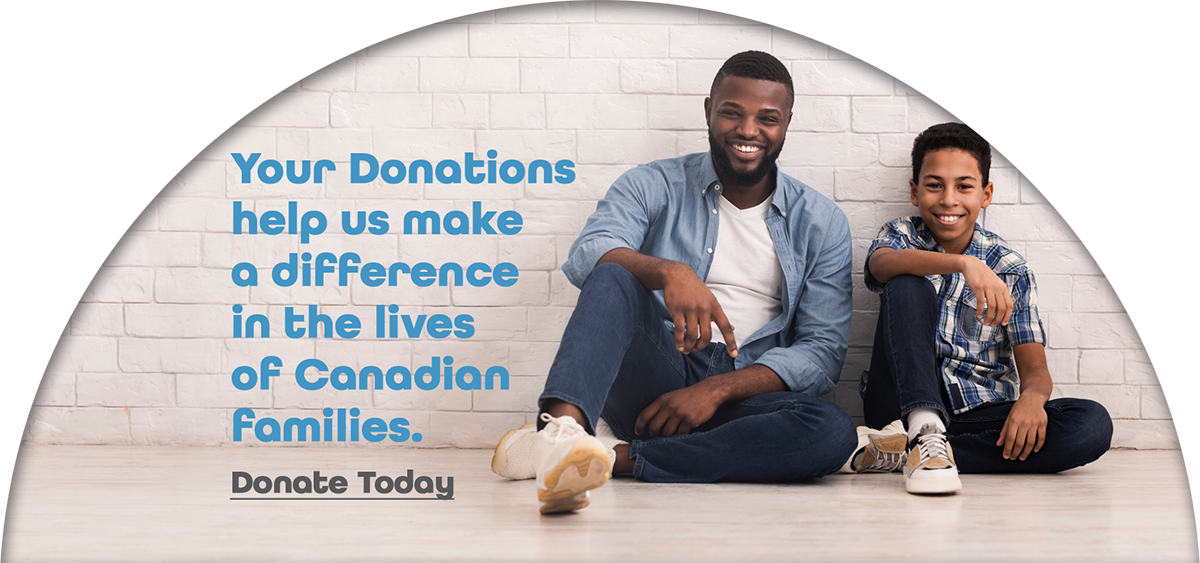The longer you wait, the harder it may be to deal with your child’s substance use
It is a critical time for your family once you find out that your child is using drugs or alcohol, whatever the frequency of use. This can be difficult to deal with, and sometimes the situation gets worse before it gets better. There may be many arguments, tears, and broken promises.

You’re not alone! Know that many other families have had to work through these challenges, just like you.
Friends or other family members may have been in your shoes and may even be able to help you at this point. Don’t hesitate to reach out for support or guidance if you feel you need it. The most important thing is for you to take action on your child’s behalf the first time that you suspect drug or alcohol use. Your teen’s future wellbeing lies in your actions right now.
Do you hear yourself saying …
“Well, I won’t say anything now since it’s only their first time using.“
If parents don’t set rules and a clear policy towards substance use in their family by having clear and consistent conversations, they may enable their teen and encourage continued use. It is never too early or too late to take action regarding your child’s drug use. Parents are the most important part of a kid’s life; your actions now can make all the difference.
For advice about what you can say to your teenager, read these conversations.
“If I’m too tough, my daughter will push me away. I want her to like me.”
Overcoming your own fears is an important step in getting the help your child may need. Some parents feel that their children will push away if they are firm, set restrictions, or talk to them frankly about not using drugs or alcohol. But parenting is about setting boundaries in order to keep your child safe.
For advice on setting clear boundaries with your children, read these tips.
“I’m a failure as a parent. Where did I go wrong?”
Many parents are ashamed or feel they’ve somehow failed when their son or daughter is using drugs. Don’t be paralyzed by your own feelings of shame or inadequacy. Instead of feeling bad and retreating into negative thoughts, do all that you can now to fix the situation.
“I don’t want to talk to anyone about this. It could cause more trouble for my child.”
There is a stigma surrounding substance use that can prevent families from getting the help they may need. Some parents feel that if they ask for help or reach out to professionals that their child will be labeled a troublemaker and that it may affect their ability to qualify for scholarships or get a job. Turning this problem around requires a lot of parenting muscle. So reach out for support in your family, community, or at your child’s school. Find someone to talk to that can offer confidentiality.
Our Intervention Resource page can help you to find resources to help you talk with health professionals or other parents about this problem.
“My kid doesn’t have a problem. I drank and I turned out OK.”
Some teenagers are predisposed to drinking and drug use throughout their childhood years if their parents’ substance use is excessive or if they have a substance use disorder. It’s important that parents take an honest look at their own drug and alcohol use before they can help their children with a substance problem. Find out more about how kids model their parents’ behaviour.
“I don’t know what to do about this problem. Where do I begin?”
It’s easy to feel overwhelmed with emotion, guilt, anger, and insecurity when you discover your teen is using substances. If you don’t think you can handle this problem yourself, there are people in your area ready to help. This issue is more common than you think.
Contact your child’s paediatrician, someone at your child’s school, a coach, a counsellor who specializes in working with families, a local prevention agency, or a member of your religious congregation for advice. See if there is an informal or formal parent support group in your area.
While it may be difficult to get past the feelings of shame and failure, the truth is, asking for help may be the only way to get the assistance you need.
You can also visit our Parent Support Hub for confidential, real-time support and guidance. It’s a free service that is available 24/7
“I’m a single parent and I’m having trouble keeping things together. I’ll let my ex-husband deal with the problem.”
Your son or daughter is relying on you even more if you are a single parent. You are their compass. In some cases, parents find their child gets involved with drugs as a way to escape the challenges of dealing with a divorce. It’s not your fault. You’re doing the best you can, but now is the time to engage your child in a discussion and let them know you care enough not to let this slide. If possible, seek support from your ex-spouse or another family member to reinforce the commitment to a drug-free lifestyle. Read more advice for single parents.
It’s only once you get past your own fear about these issues that you’ll be able to help your family.
Remember, you are your child’s most important advocate and, whether they realize it or not, they need you to guide them during this challenging time. For specific advice about confronting your teen’s drug or alcohol use, read these tips for parents, the whole family, as well as adult influencers that work closely with teens.







